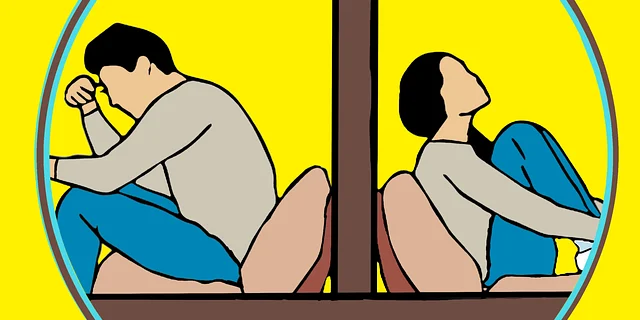A common law husband or wife is a myth. If you and your partner are not married or in a civil partnership you might be surprised to learn that you have very little, if any, legal protection if your relationship breaks down. It does not matter how long you may have lived together or whether you have children together. The law does not recognise you as a couple making it very difficult to claim a share in the family home or your partner’s finances if you split up.
Often, couples living together may agree between themselves that one partner gives up work to care for the children or elderly relatives or they reach agreement whereby one party pays the mortgage and the other pays the bills. However, if you do not have a legal agreement in place the Court cannot make your ex-partner pay maintenance to support you just because it might be fair.
When married couples separate the law permits the Court to divide property and finances in the manner that is fair to both parties. However, when unmarried couples separate, even if they have children together, they do not have the same rights as a married couple.
If your name is not on title deeds or rental agreement you do not automatically have a right to stay in your home. This is the case even if you have put money into your home by paying bills or helping with the mortgage. If you have children together, whilst your partner will have a legal obligation to support them if you separate, there is no such obligation to support you.
What can you do?
In the event that the relationship does not work it is worth taking precautions to protect yourself for the future. If marriage or civil partnership is not an option there are other ways to ensure that you and your partner are protected which include:-
- Cohabitation Agreement – This sets out both parties’ intentions in respect of things like finances, property and arrangements for the children if you split up. Each agreement is different and depends on the individual circumstances of your case. Such an agreement can deal with such matters as payment of the mortgage and bills and also can involve your wishes in respect of care of the children and care of any family pets in the event of a breakdown of a relationship.
- Declaration of Trust – this sets out how you want to own a property and in what shares. It can also cover what happens if you split up if you are purchasing a property together but not contributing equal shares . A Declaration of Trust can provide for each person to get back a fair portion of what they had put into the property when it is sold. For example, if one parties’ parents provided a loan for the deposit a Deed of Trust can record the contribution and ensure they are repaid this sum if the parties split up and the house is sold.
- Will – if one party in an unmarried couple dies the other does not have an automatic right to inherit their share of the property or possessions unless this is spelt out in a Will. Even if the other party has lived in the joint home for a number of years if their name is not on the title deeds and they are not named as a beneficiary in the deceased’s Will they could lose their home and any right to the net sale proceeds.
If you require legal advice on the breakdown of your relationship please do not hesitate to contact RJT Solicitors on 01257 228027 or info@rjtsolicitors.co.uk where we can provide you with an initial free 30 minute consultation.








